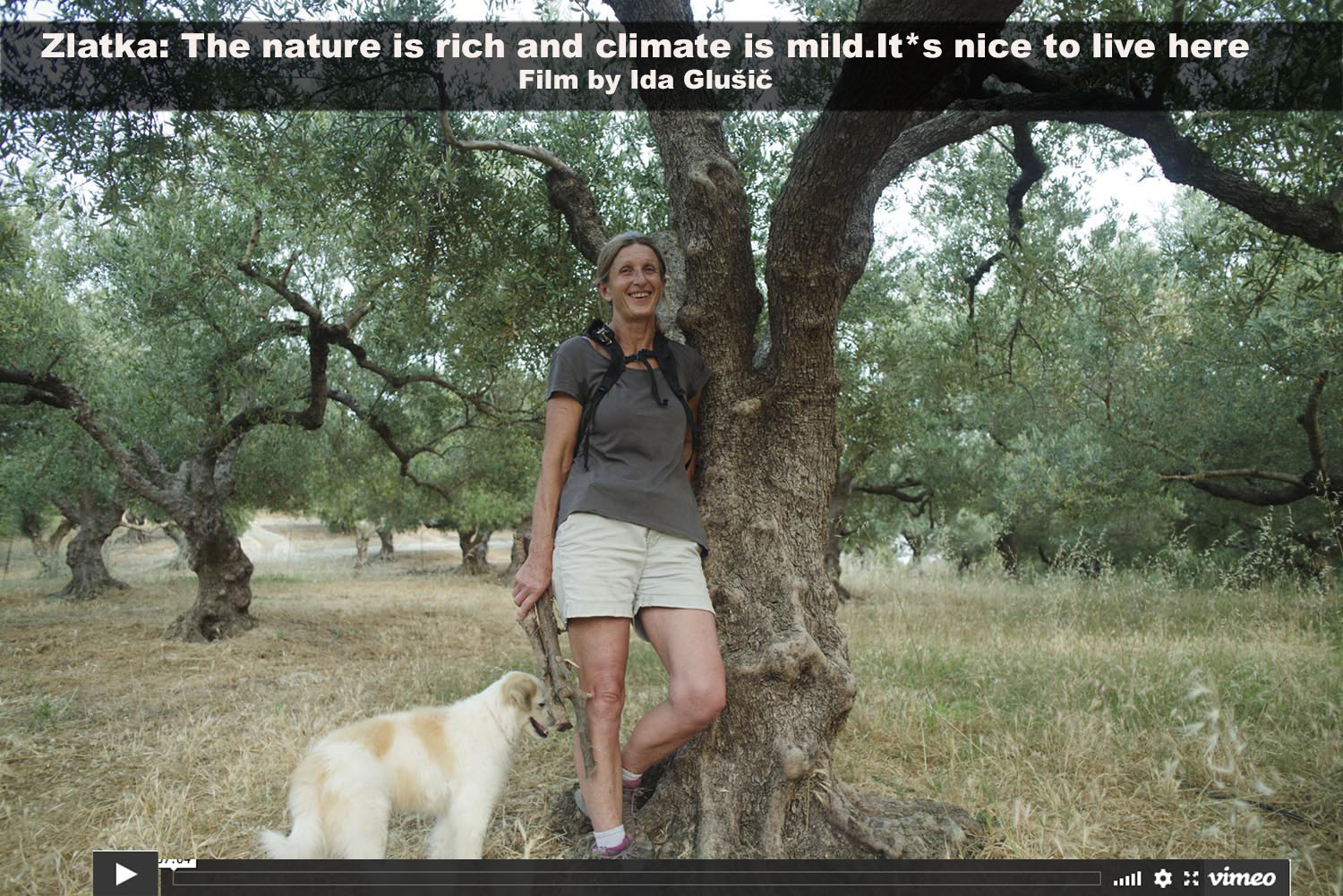Zlatka from Crete
Zlatka grew up in Slovenia, but "I was hitchhiking from Chania to Kissamos. It was 1985 or 1986. So somebody stopped, and it was him." After 35 years, many of which alone, she is still an olive grower and producer of very high quality olive oil. She takes care of 800 trees and a small farm around her house.
"You don't need a lot of machines and you don't need a lot of olive trees. You don't need to go for quantity, but rather for quality. Then, you have to find the market and sell it. There are a lot of olive trees here, a lot of oil, and it is sold very cheaply. People can not deal with life. It's a shame!"
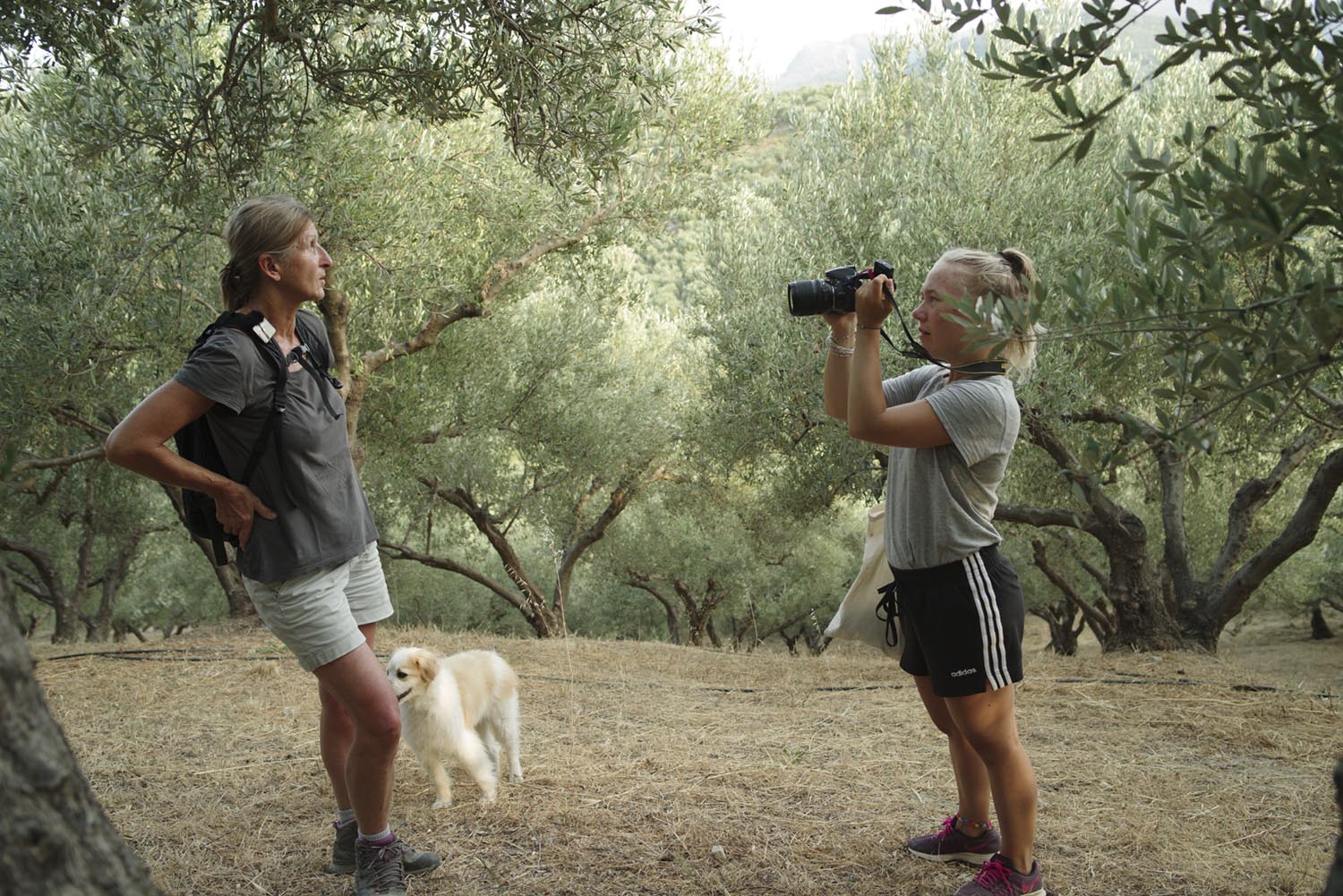
IdIda has been involved in the project since Zakynthos island, the entire 2022 journey. After completing her undergraduate studies at the university, she decided to improve her storytelling skills, especially through video. She took her challenges in the MedLand project very thoroughly and seriously.
The backyard of and for Zlatka are inspiring nature points. Waking around, visiting places, valleys, trees, rocks, beaches is an essential part of her life. Zlatka also showed us around, and gave us the possibility to fall in love with Crete very quickly!
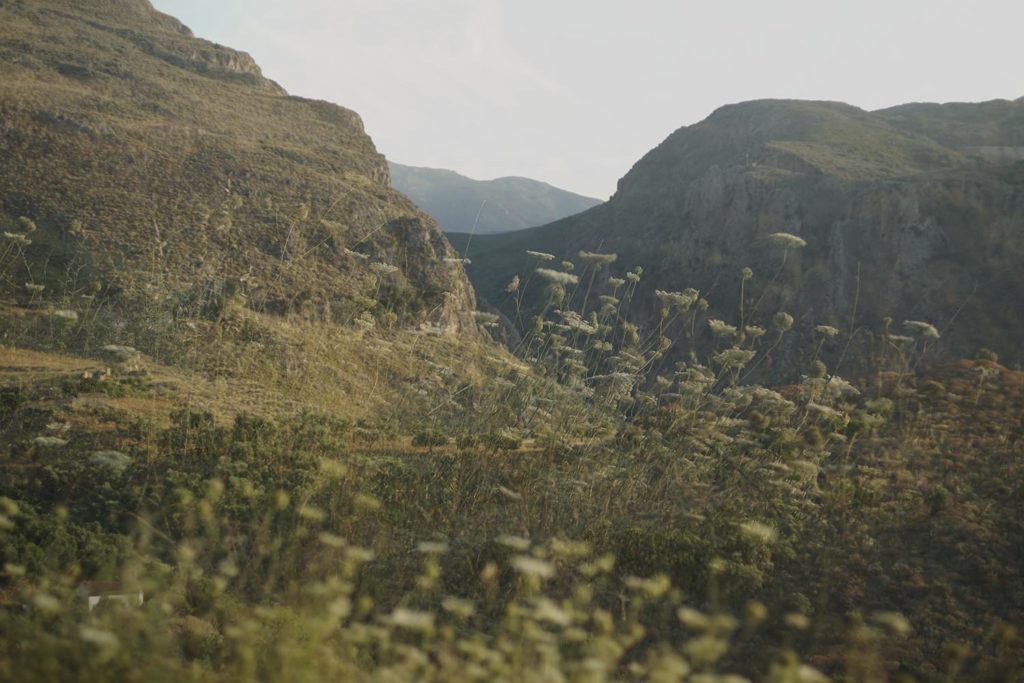
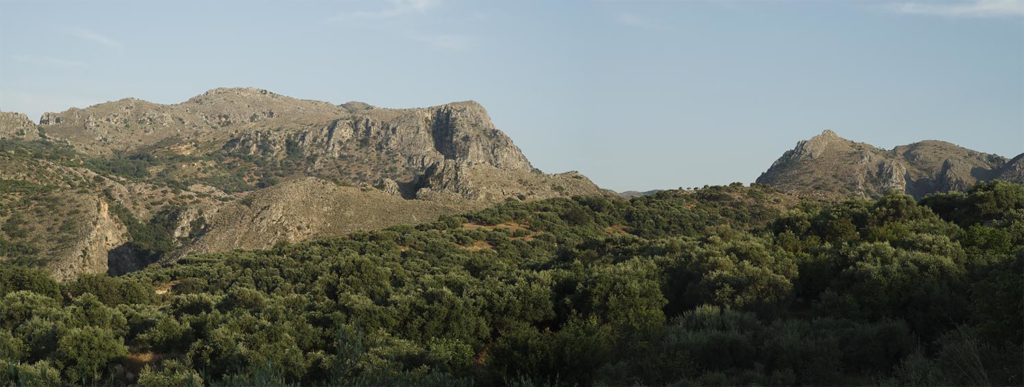
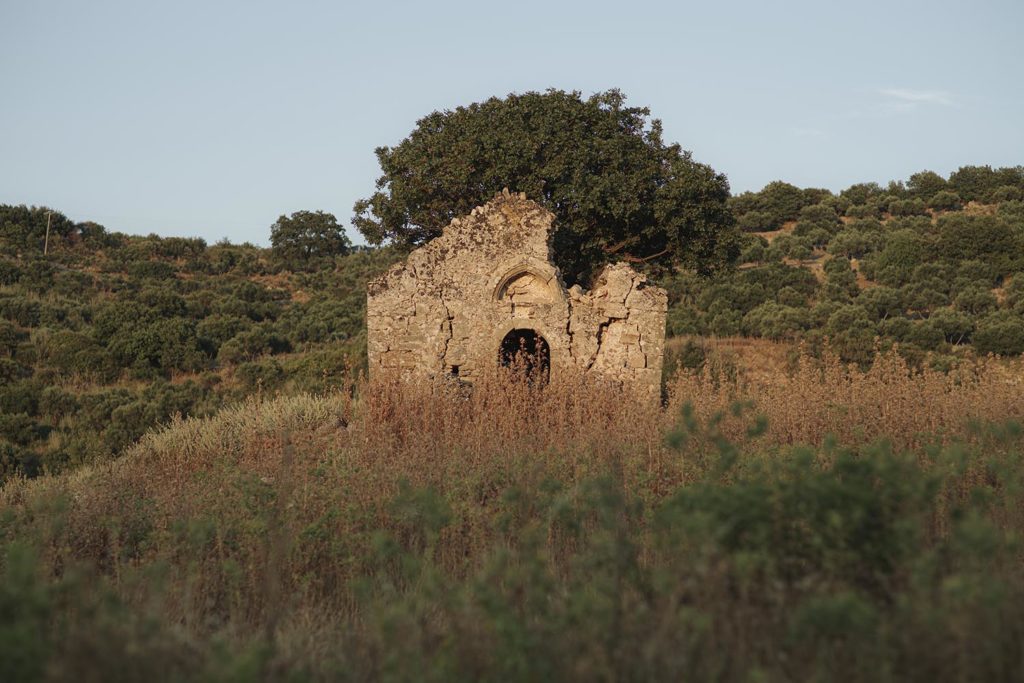
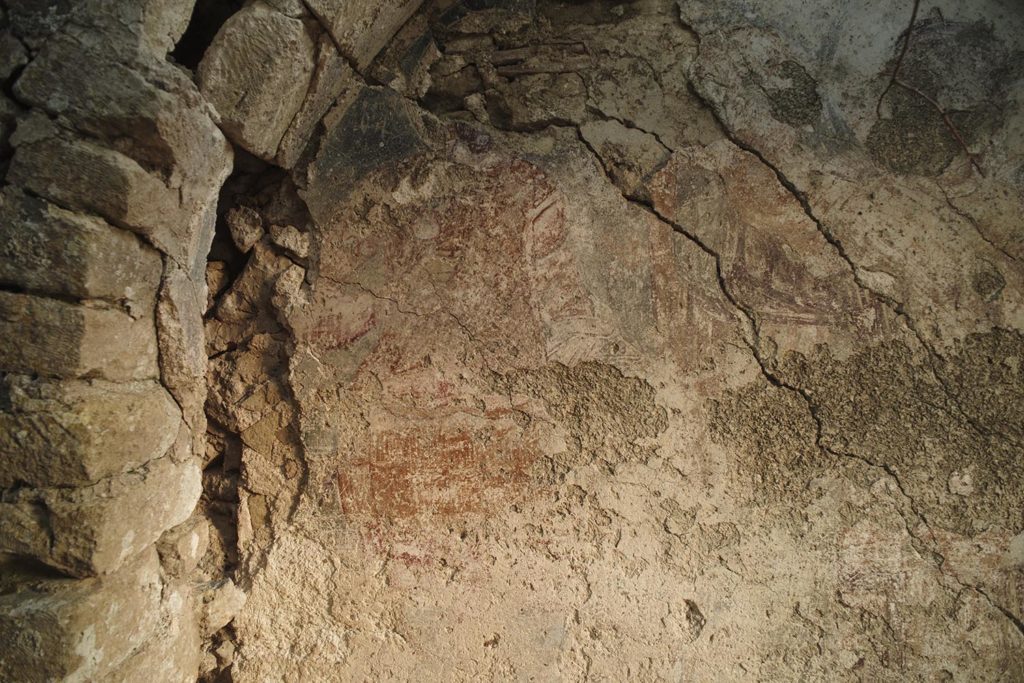
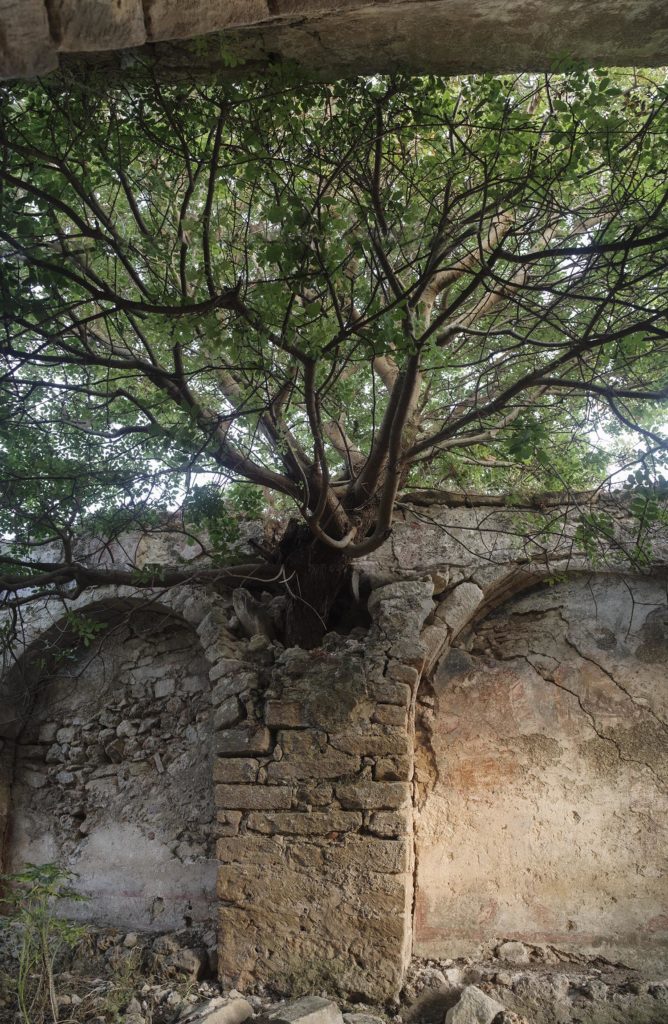
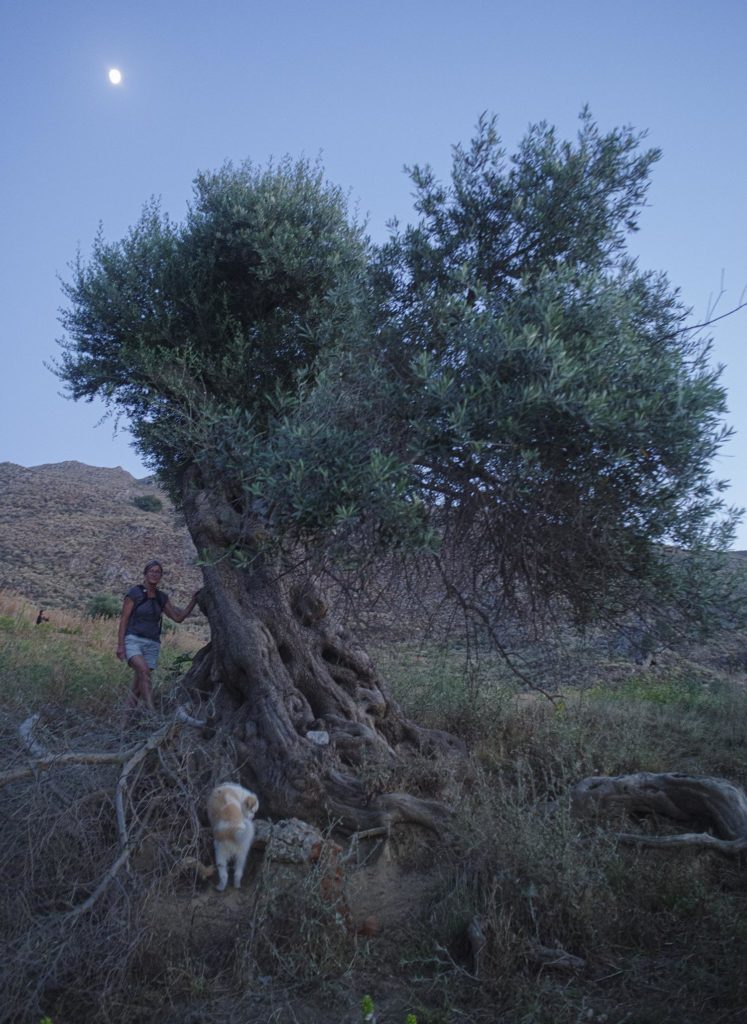
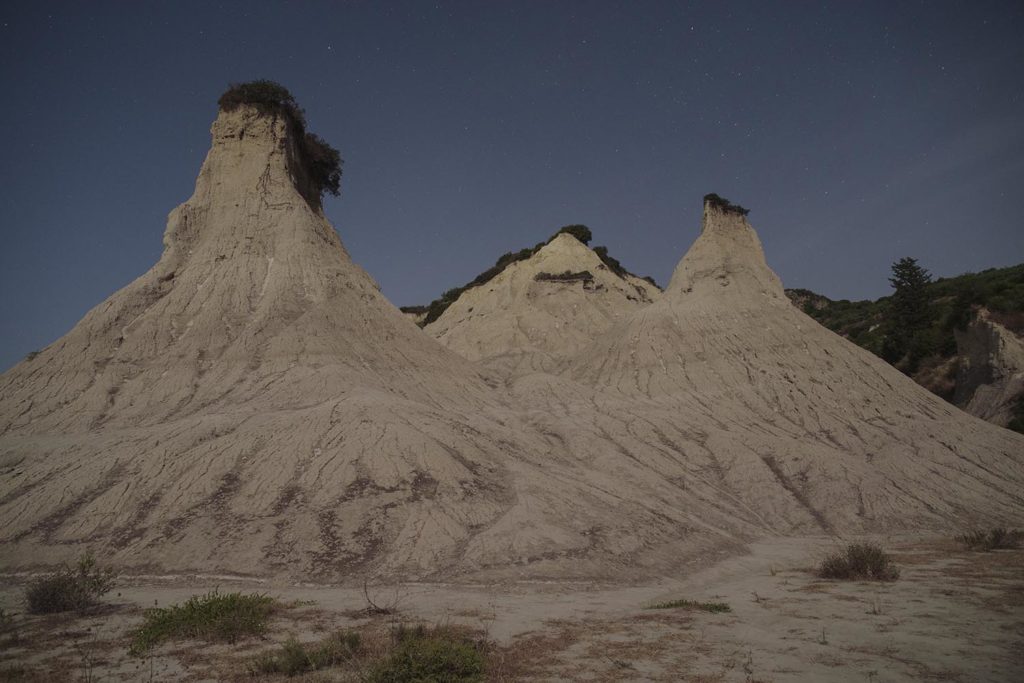
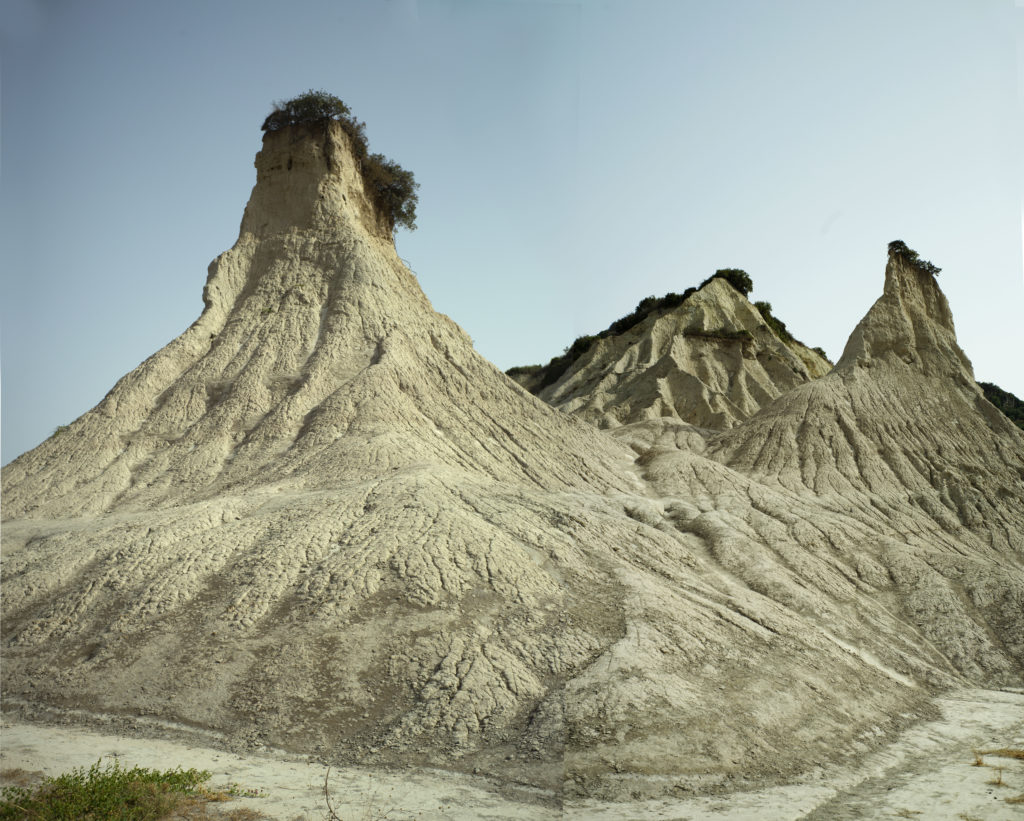
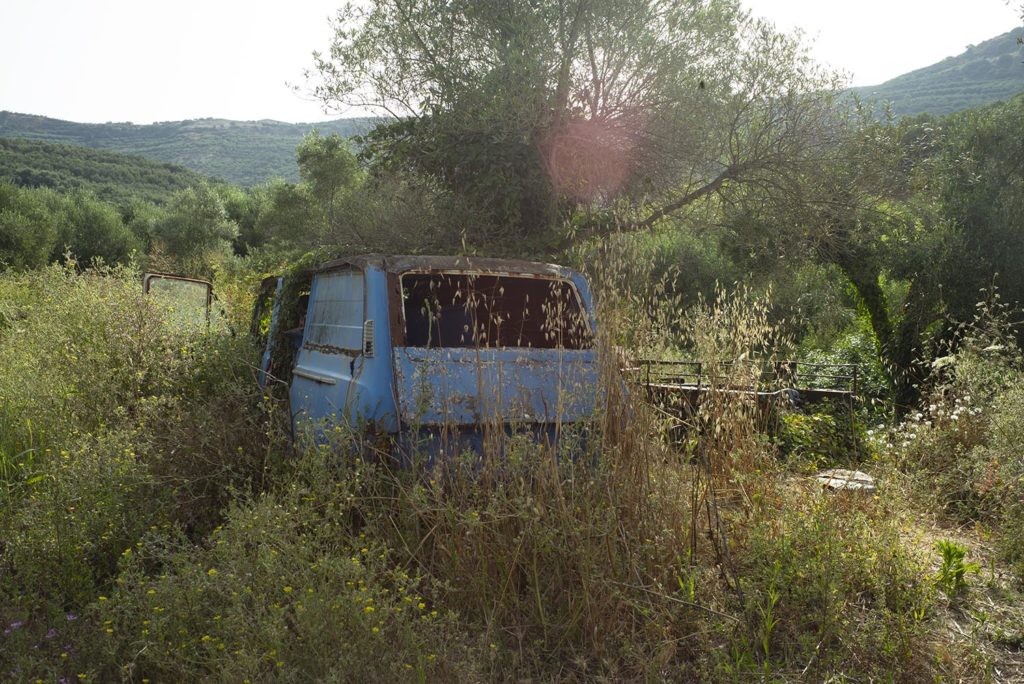
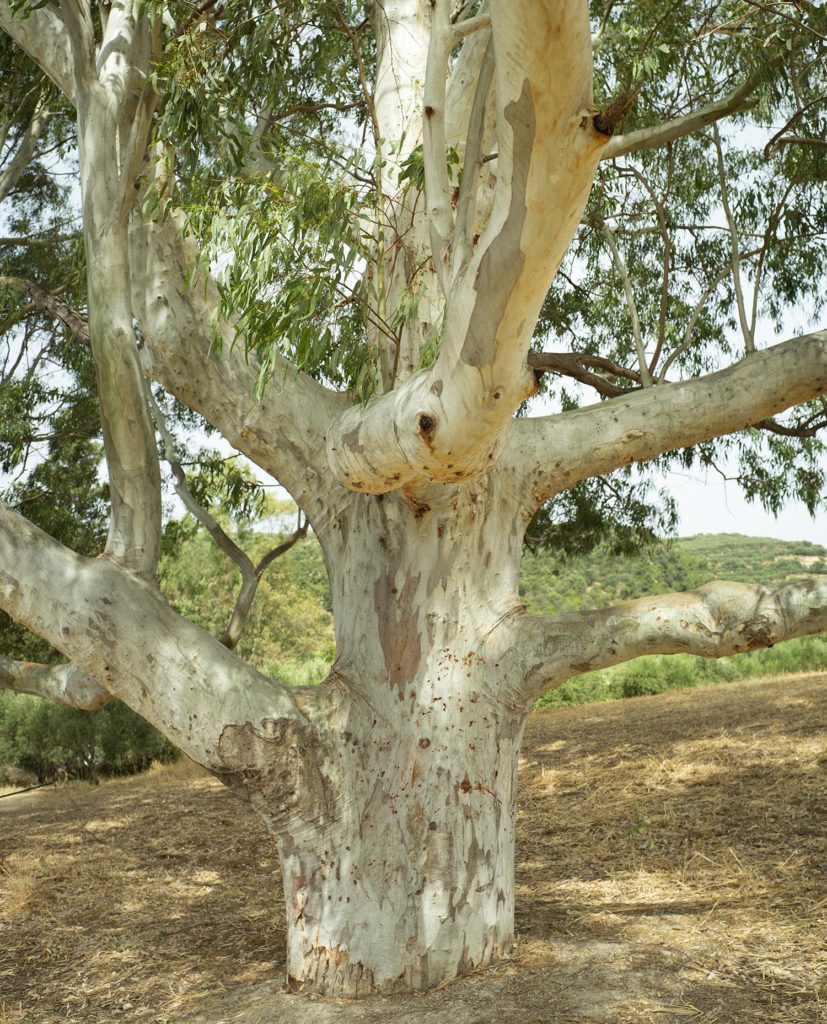
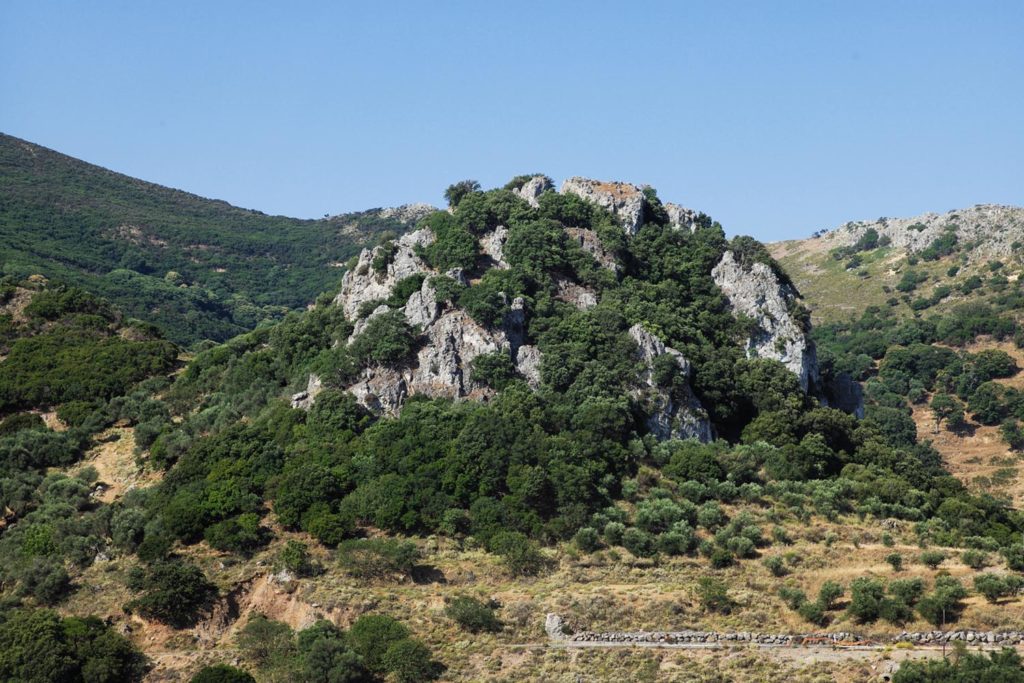
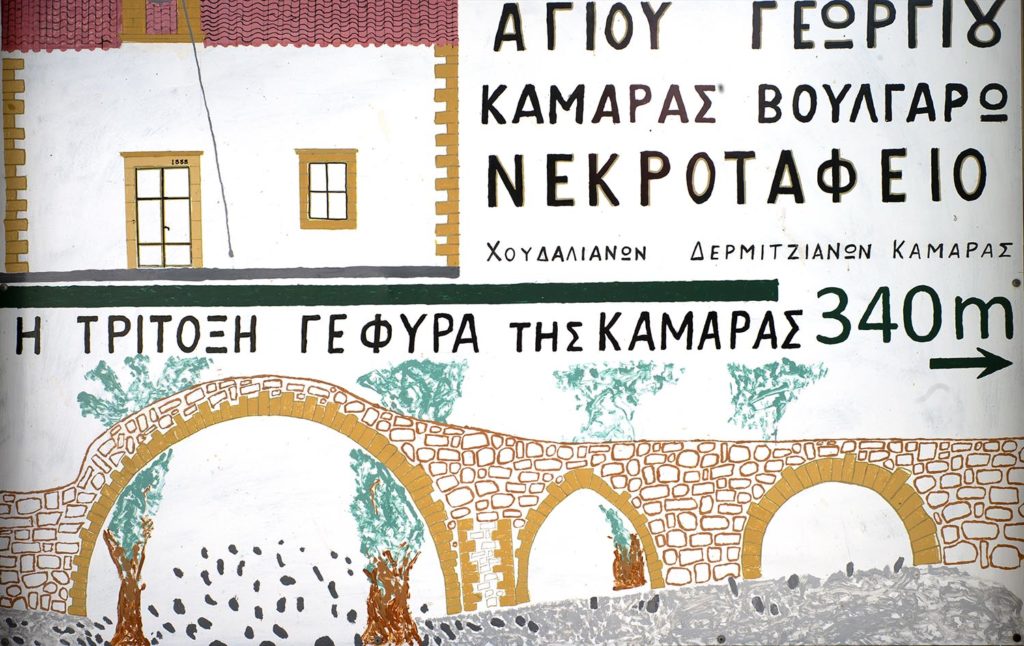
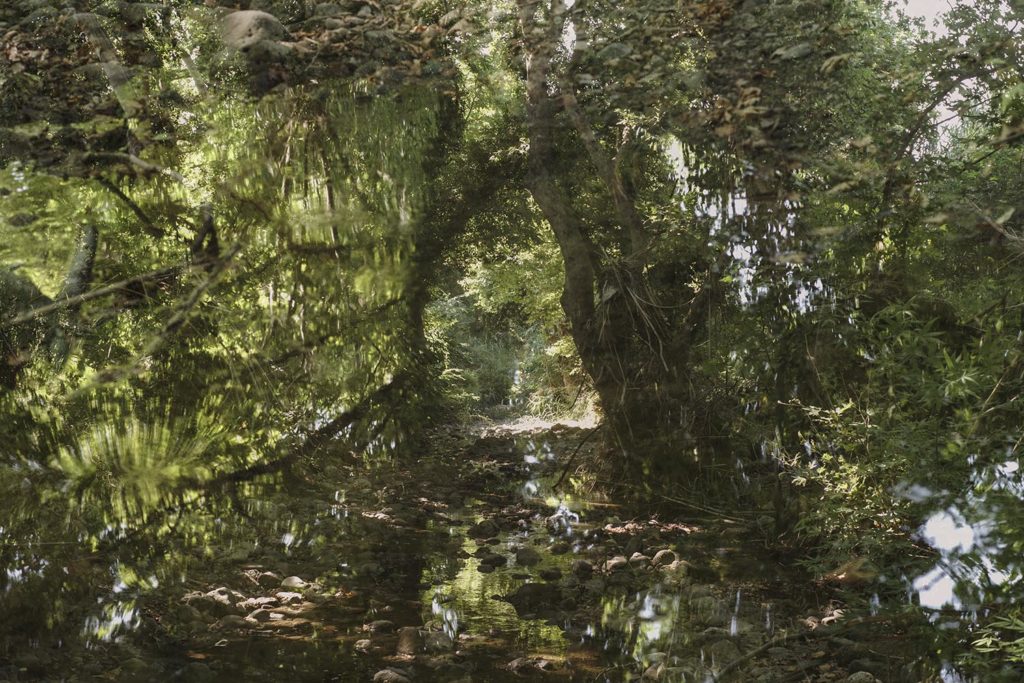
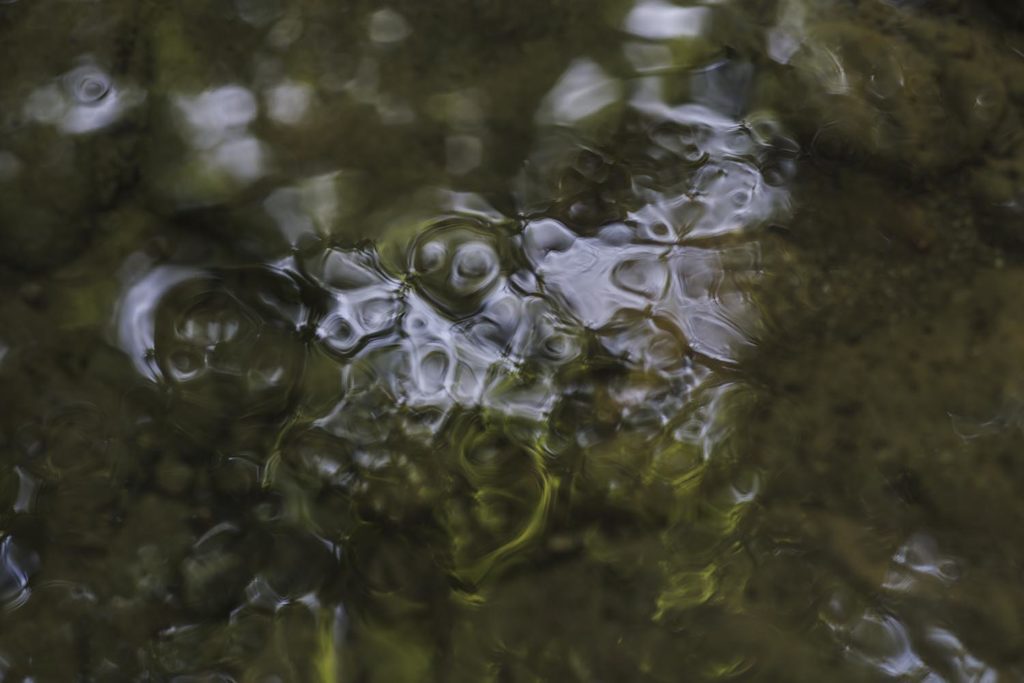
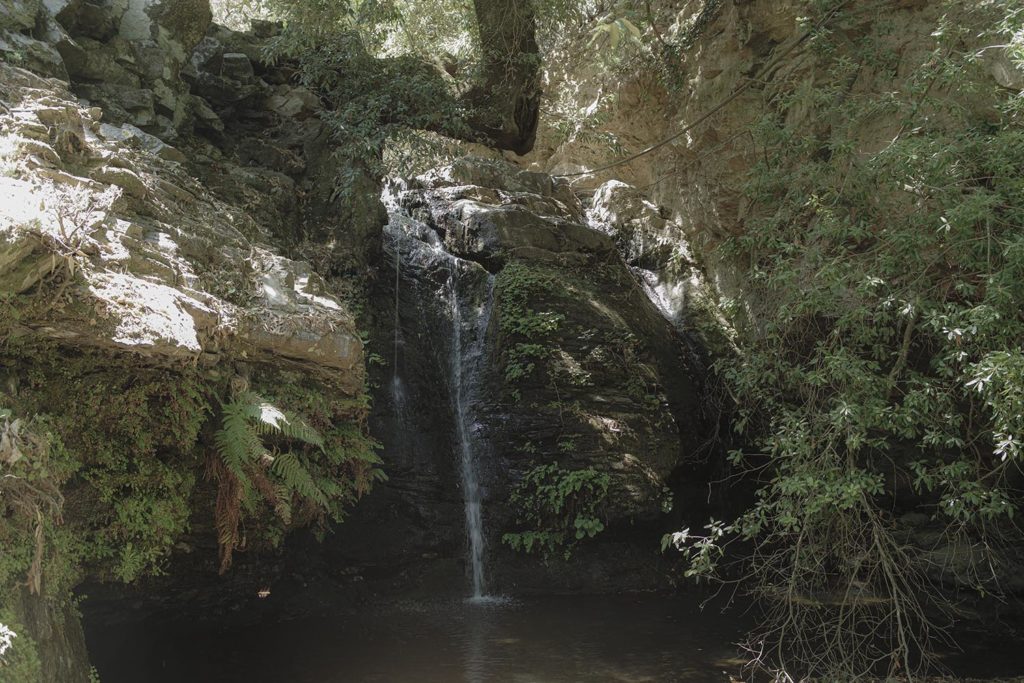
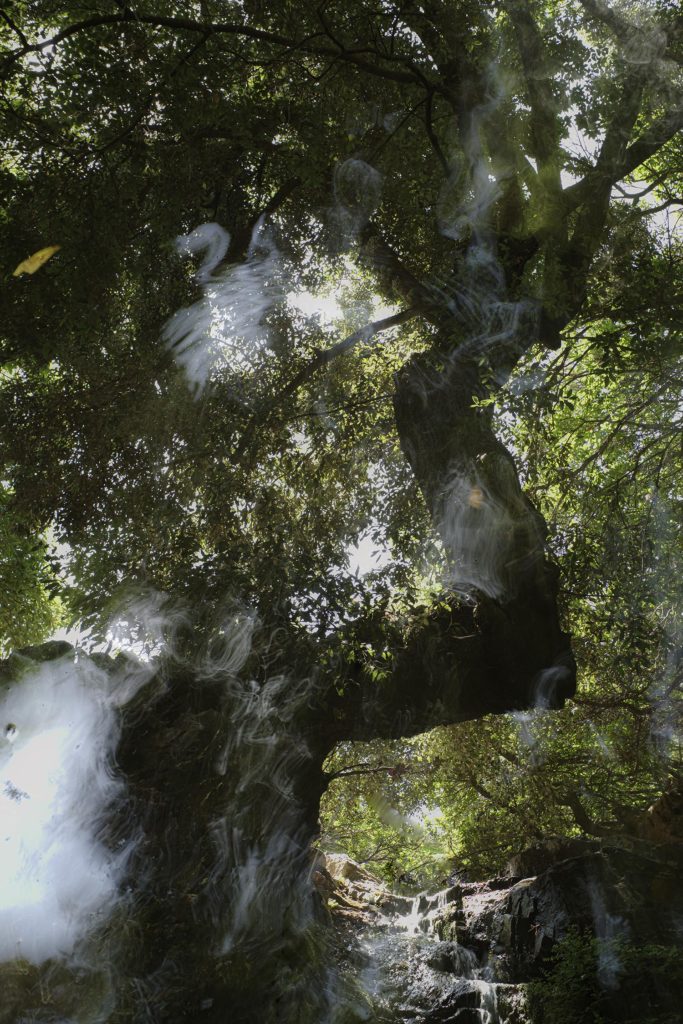
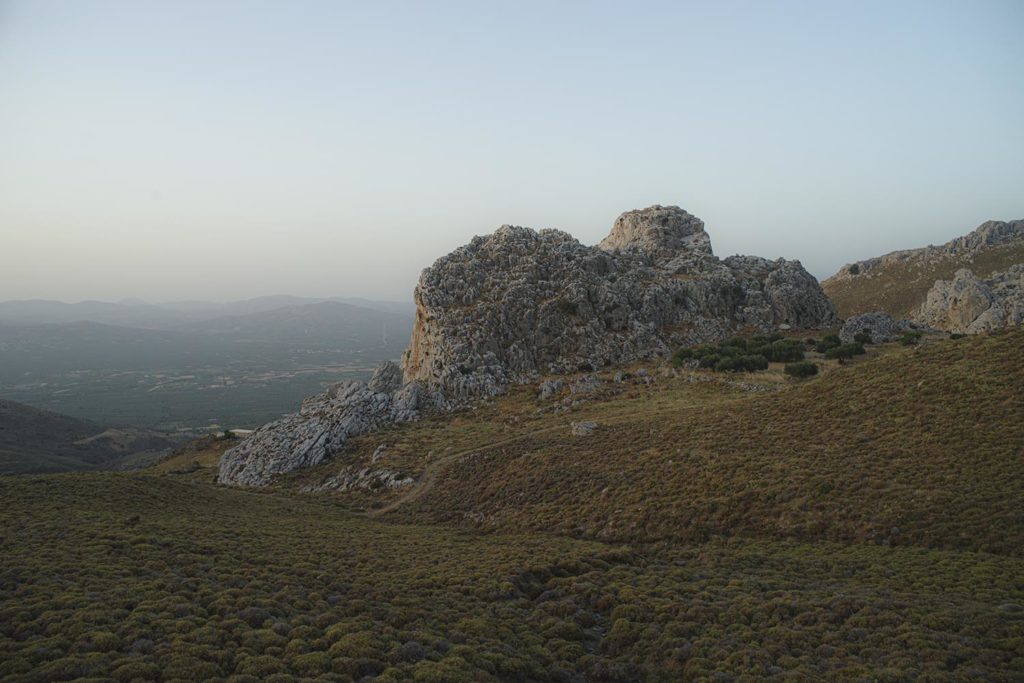
Be ready to act
"I think Crete and Greece are regions that will suffer most from climate change. Hot waves can destroy everything, there can be too little or too much rain. Three years ago, it started to rain on the the first of January and stopped in April. In between, there were three floods. Bridges, properties lost, unbelievable."
"Everybody knows that climate is changing and that everything can be different, and it will be different. But nobody knows how, in which way, and when."
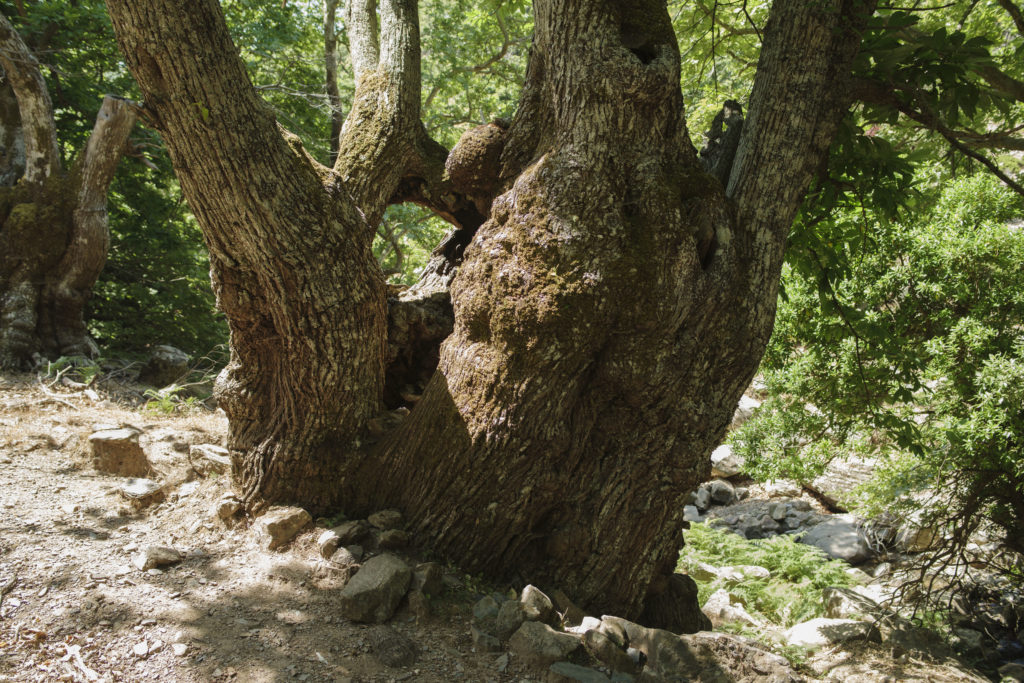
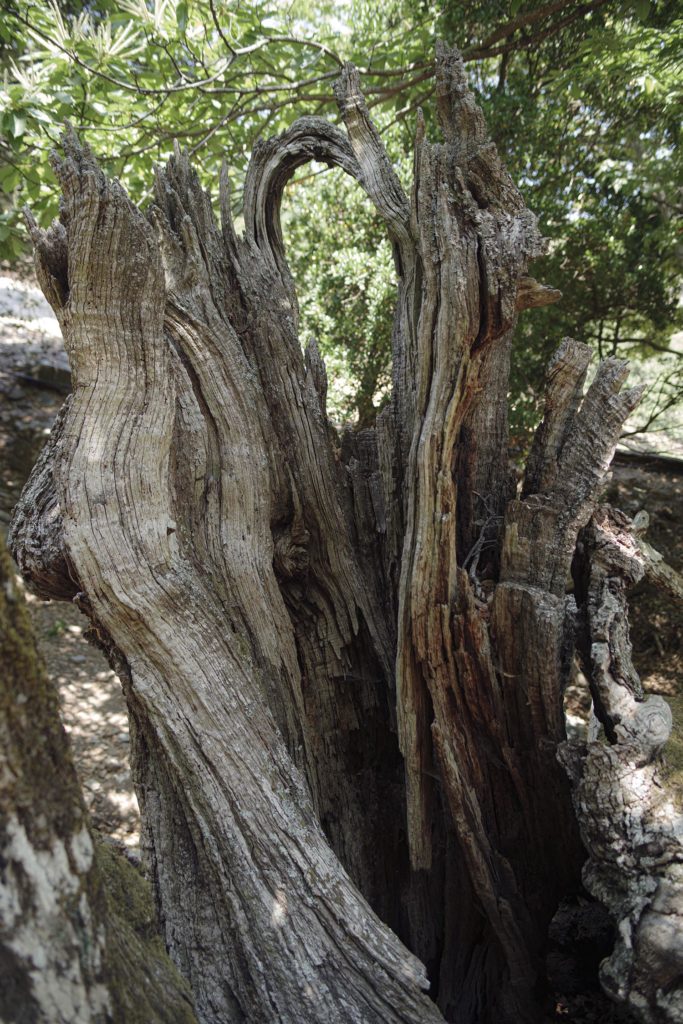
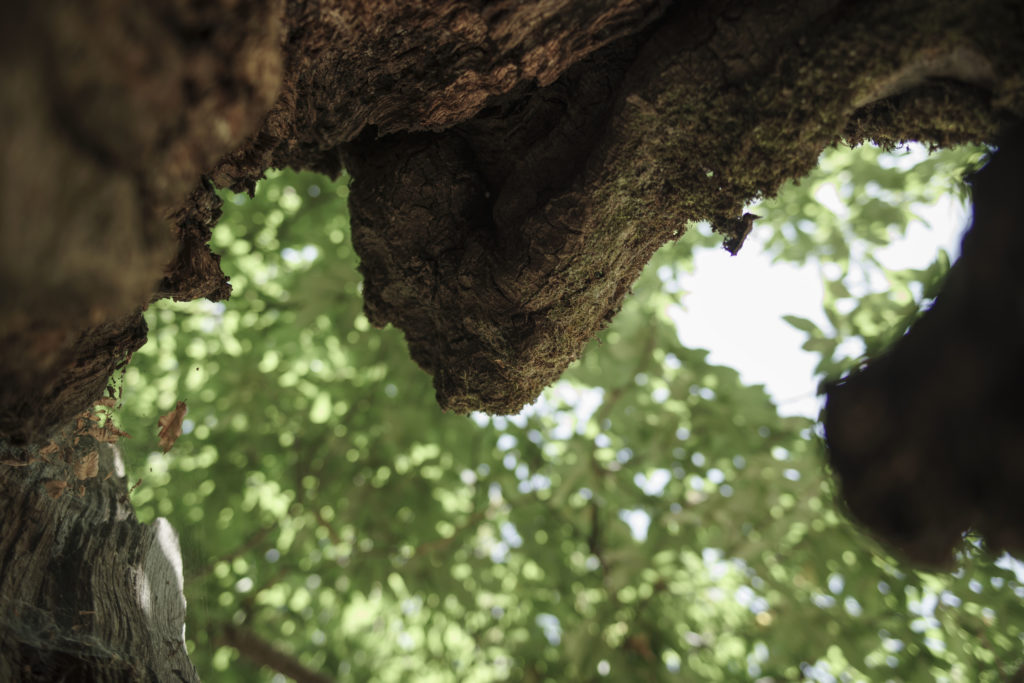
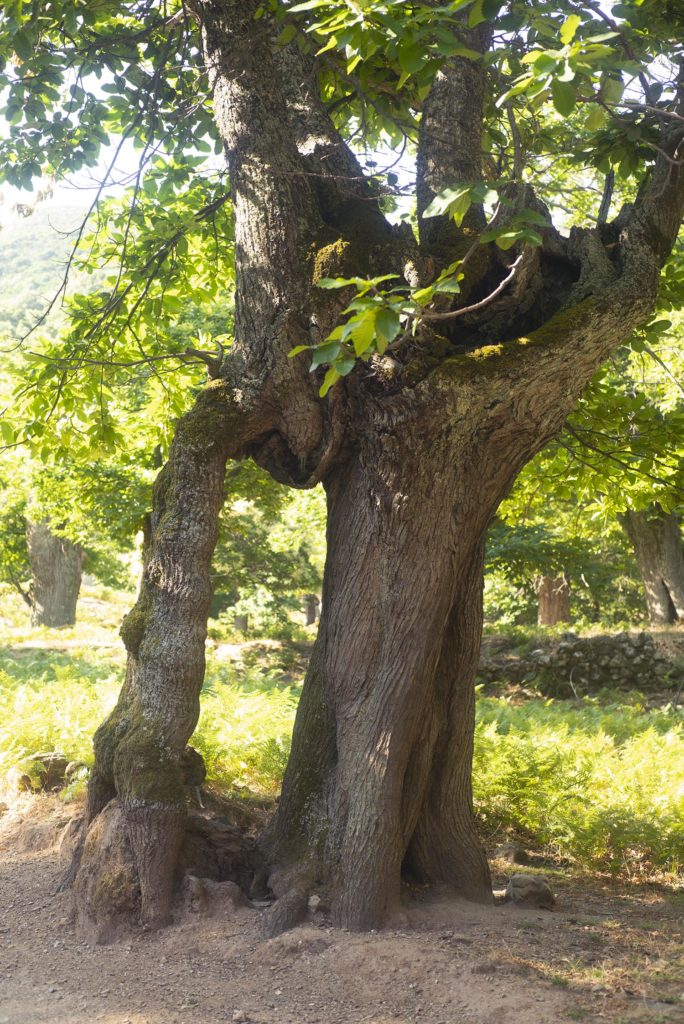
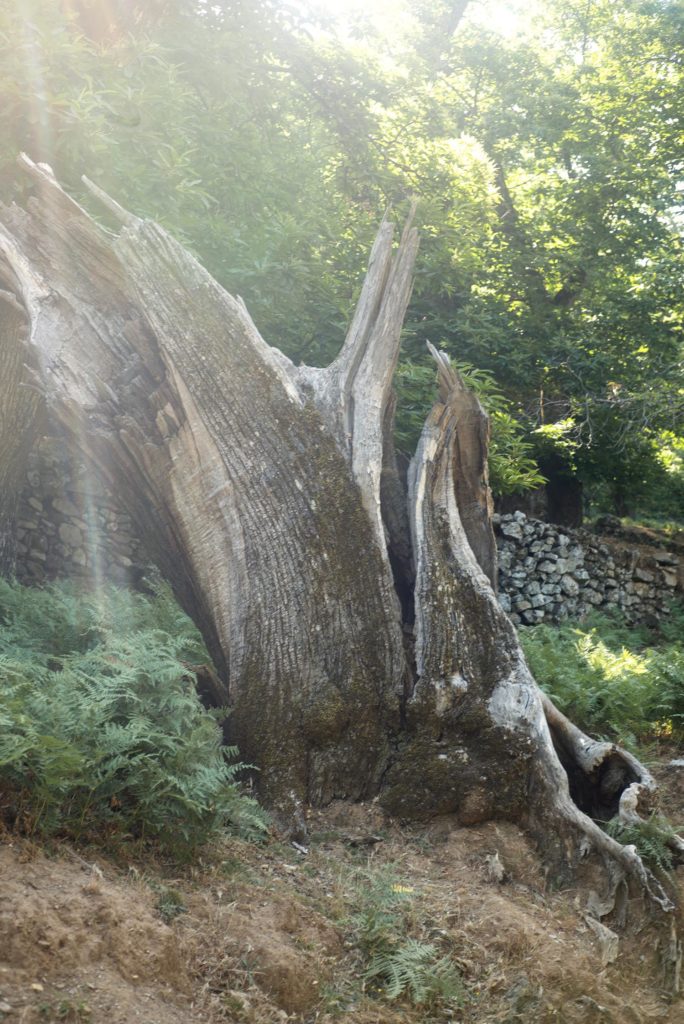
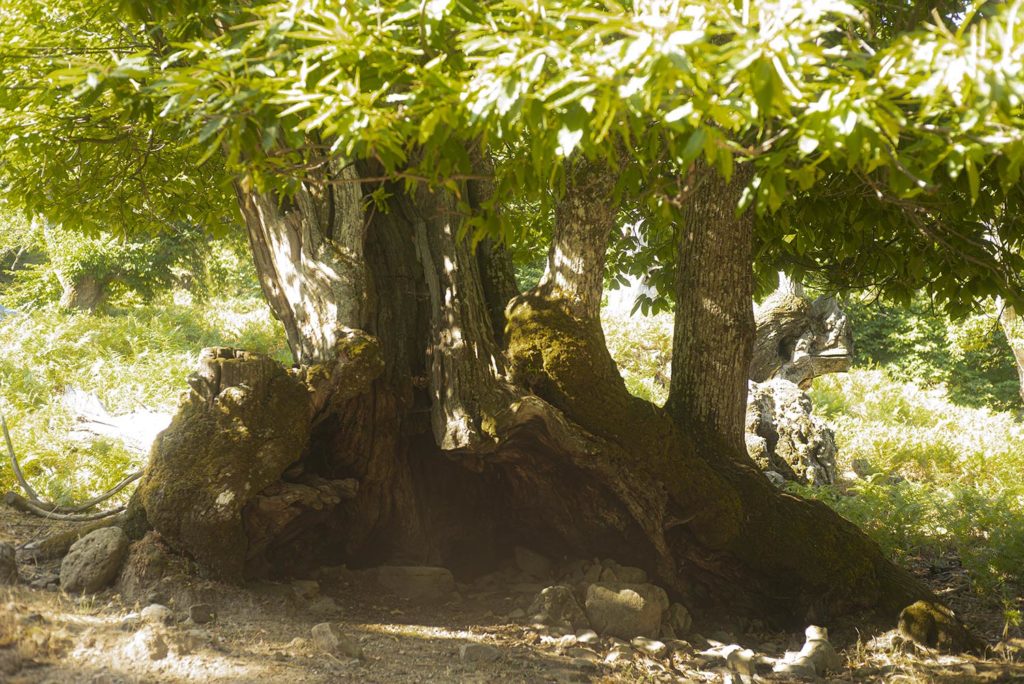
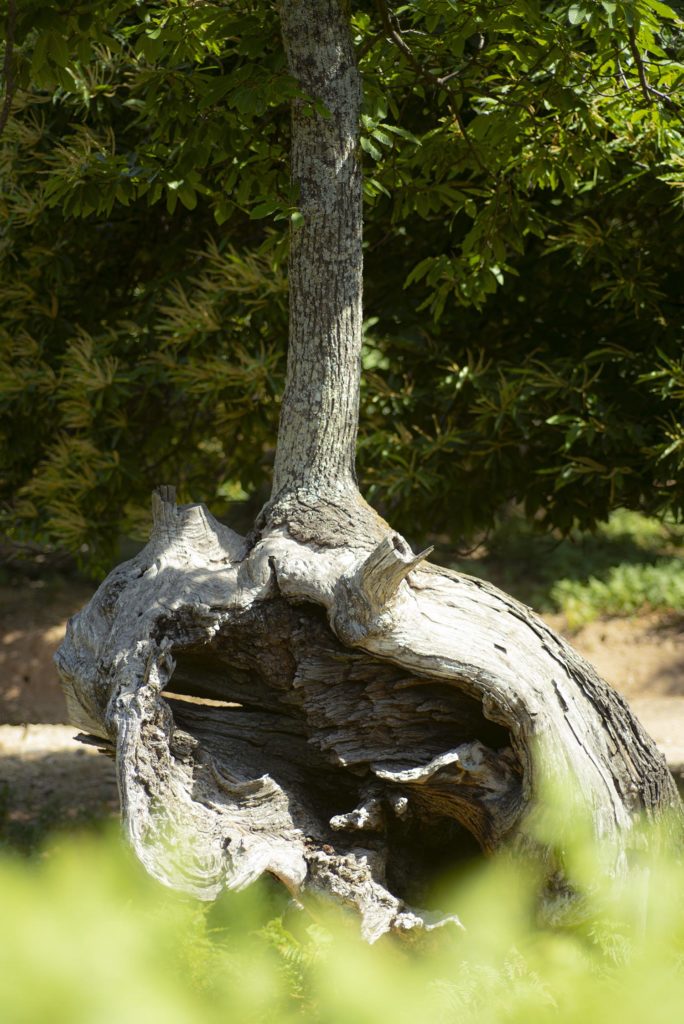
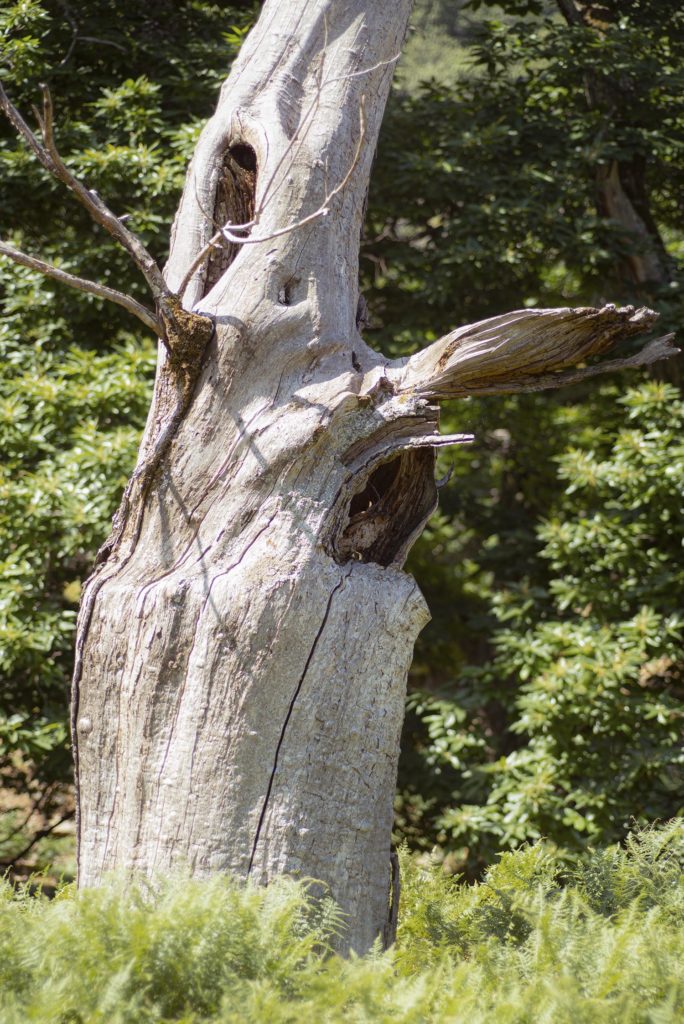
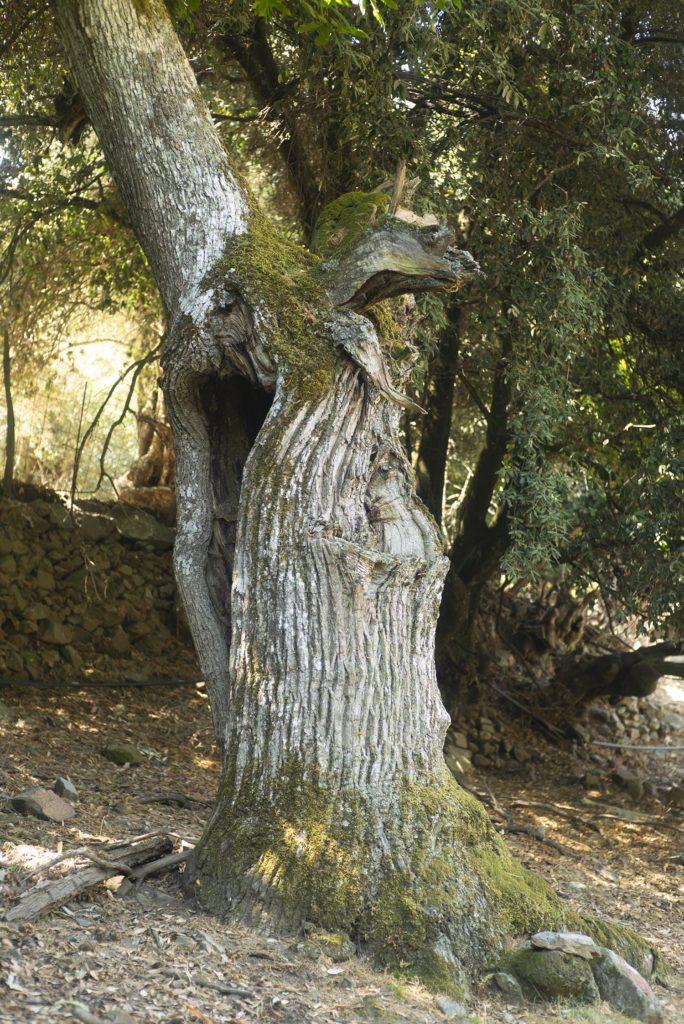

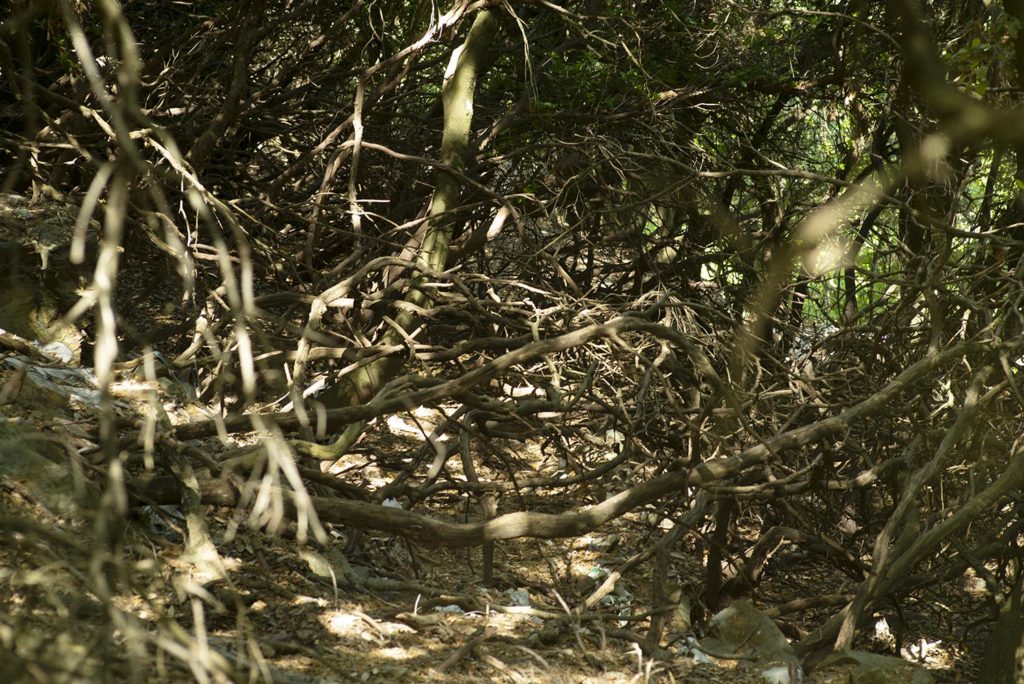
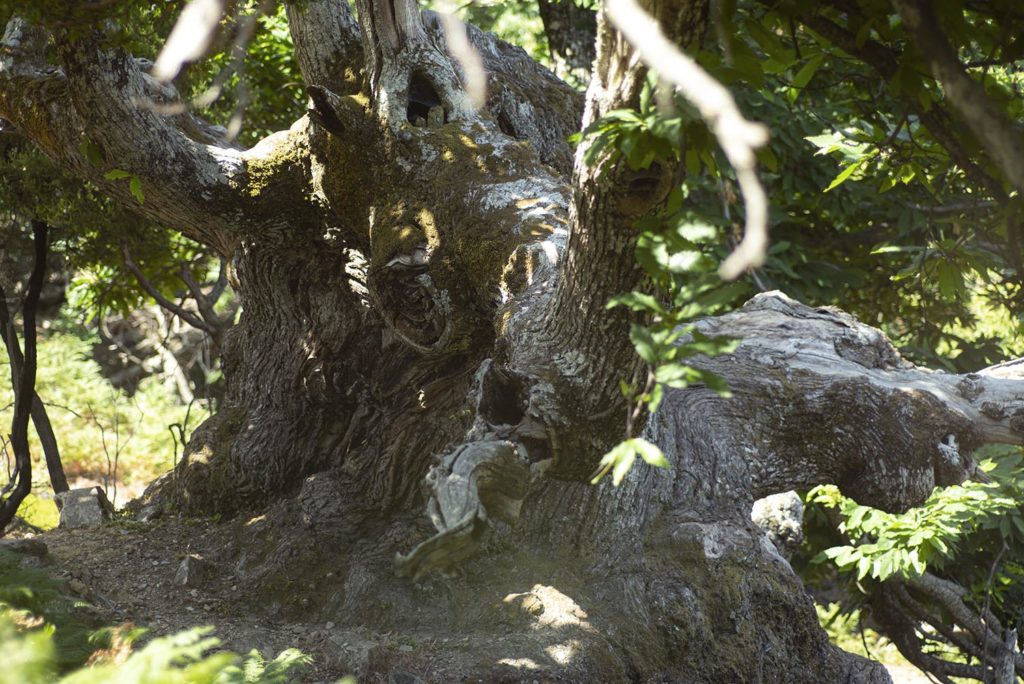
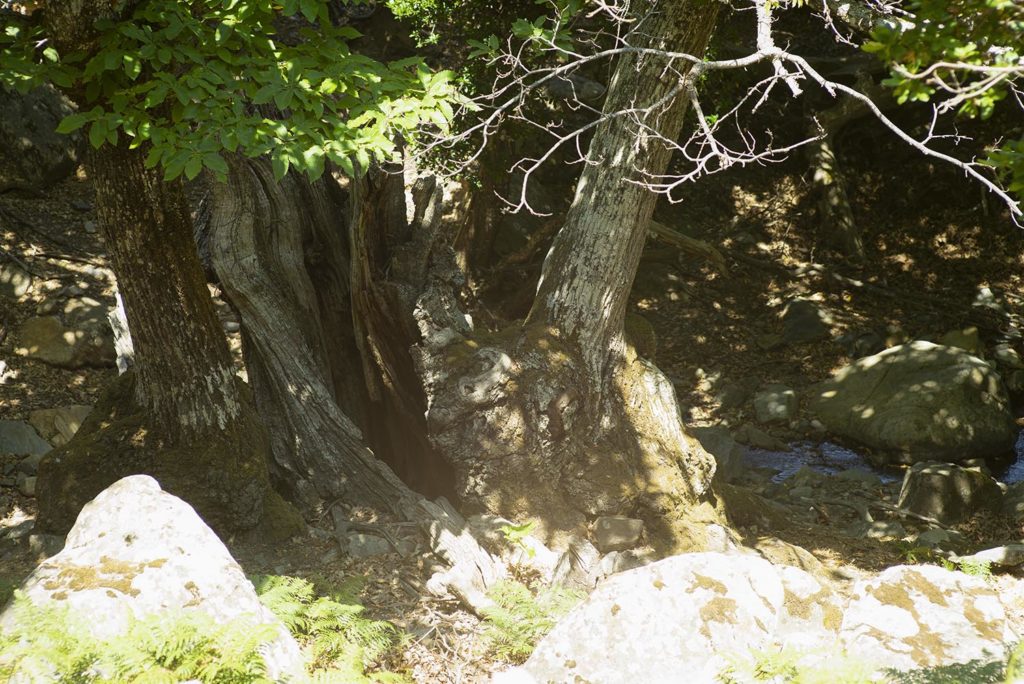
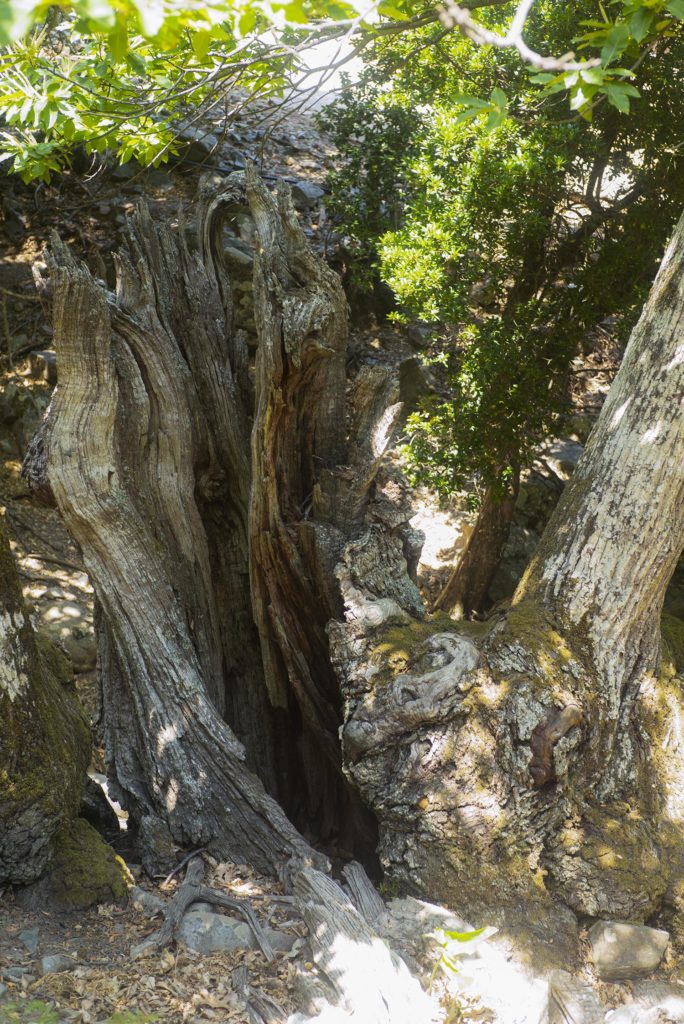
"The nature is so rich, the climate is so mild. It's nice to be here."
"I will continue with oil until I get too tired. Because I know I can retire in four, five years. So what I am going to do exactly, I don't know. How many olives will I keep, because they are still family olives. Not all trees are mine, they are also theirs. But we know which ones are theirs and which ones are mine. I'm only taking care of them. So one day, I can just give them their olives back and keep my own. Maybe, I don't know. I really don't know. This is hard work and it's a lot of work."
"I think my life is here, that I belong here. Not in Slovenia. For many reasons. I don't know, maybe nature, climate, social life, everything. I have friends in Ljubljana, many of them from our student days. I lived in Ljubljana nine years. I like to visit Ljubljana and Slovenia, but not to stay there. There is no particular reason. Just that my life is here. Everything, my soul. When I came here, I knew that it was for me."
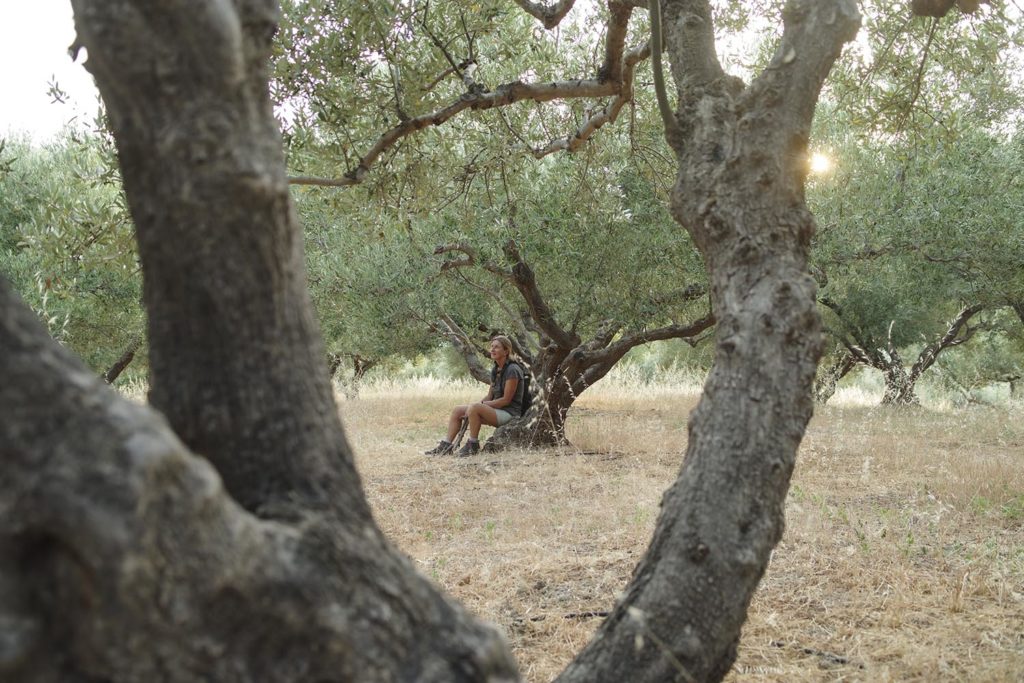
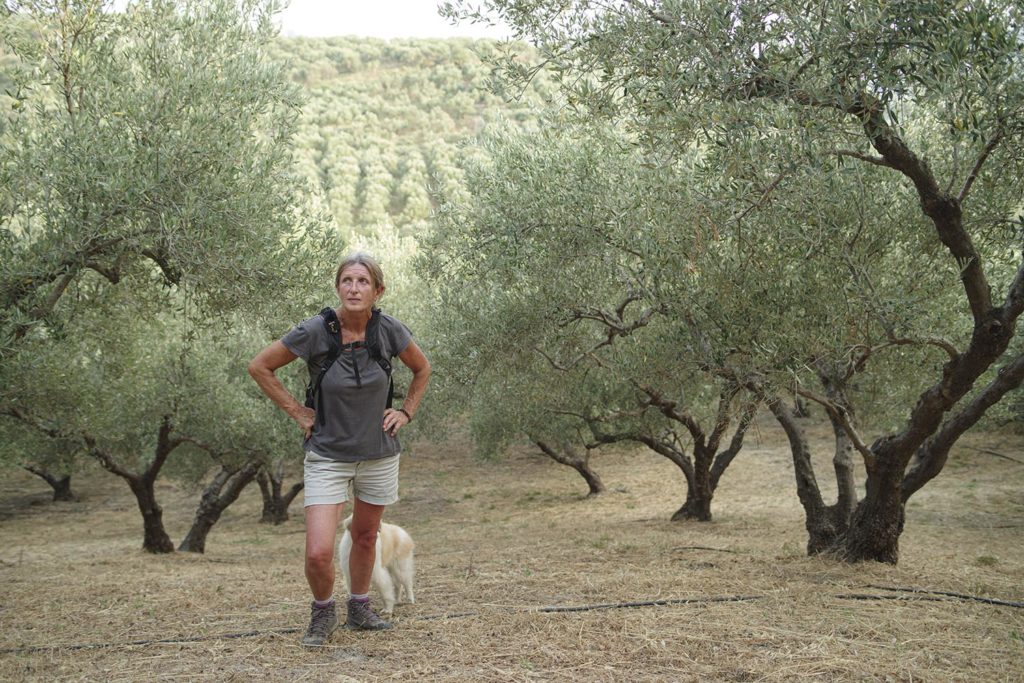
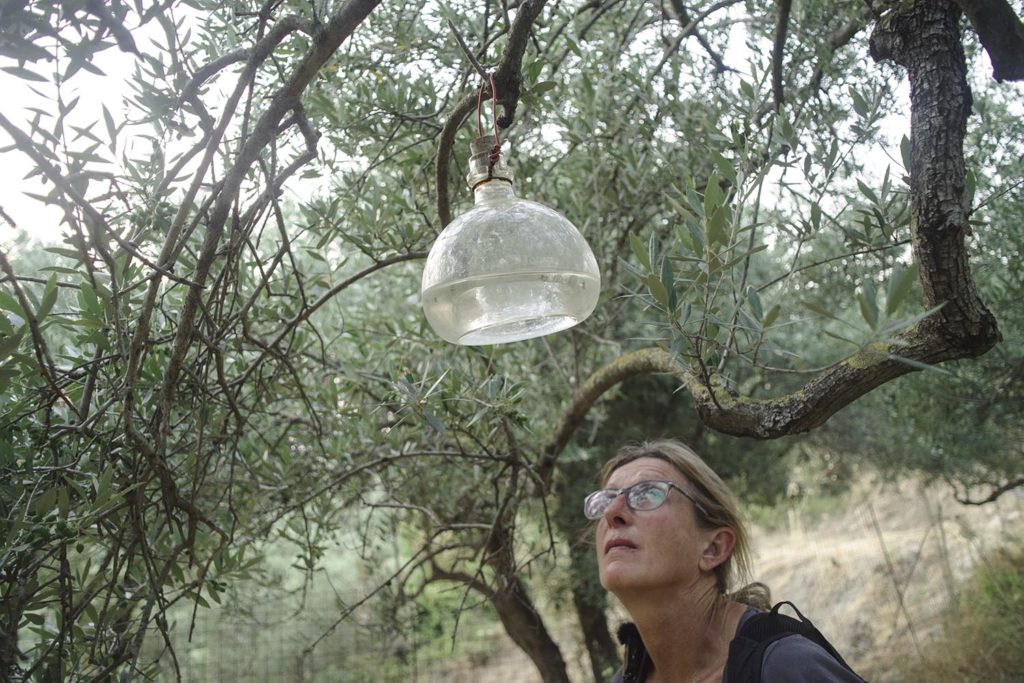
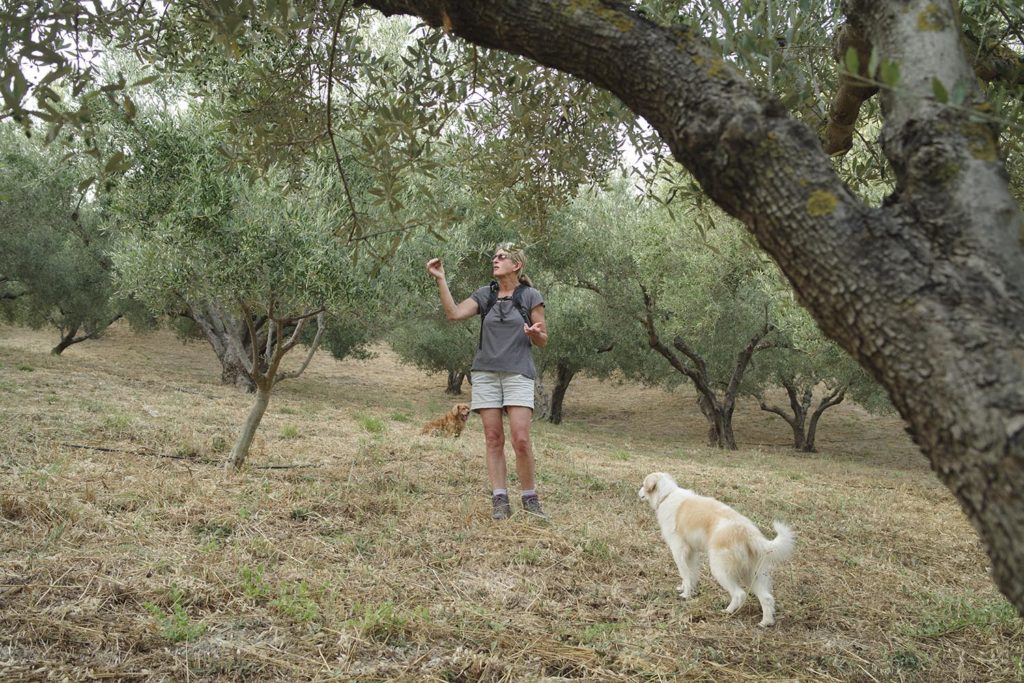
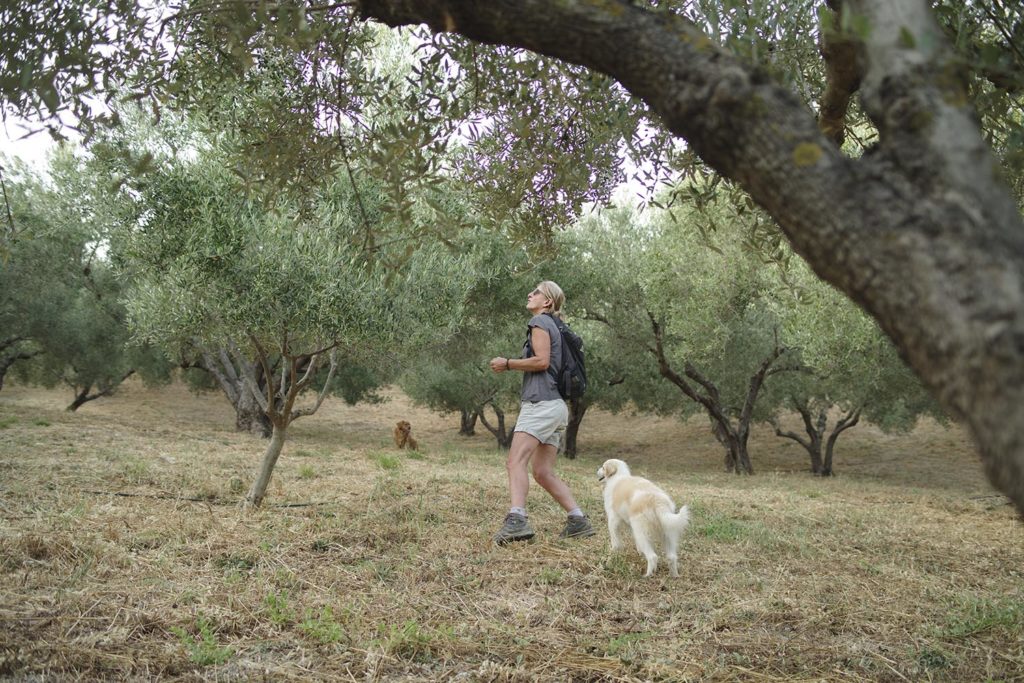
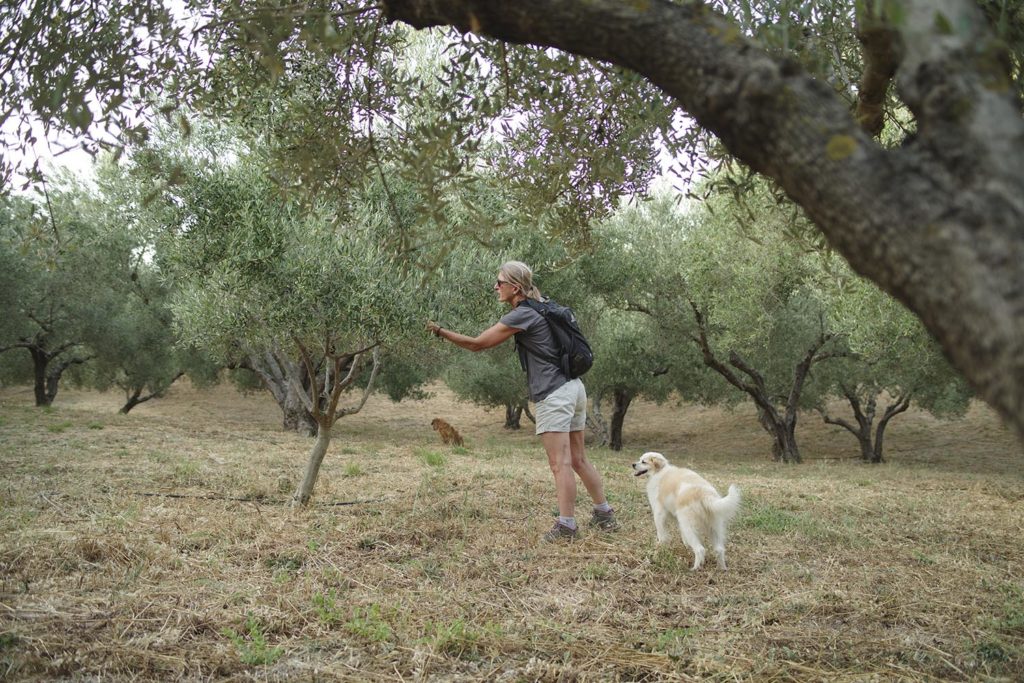
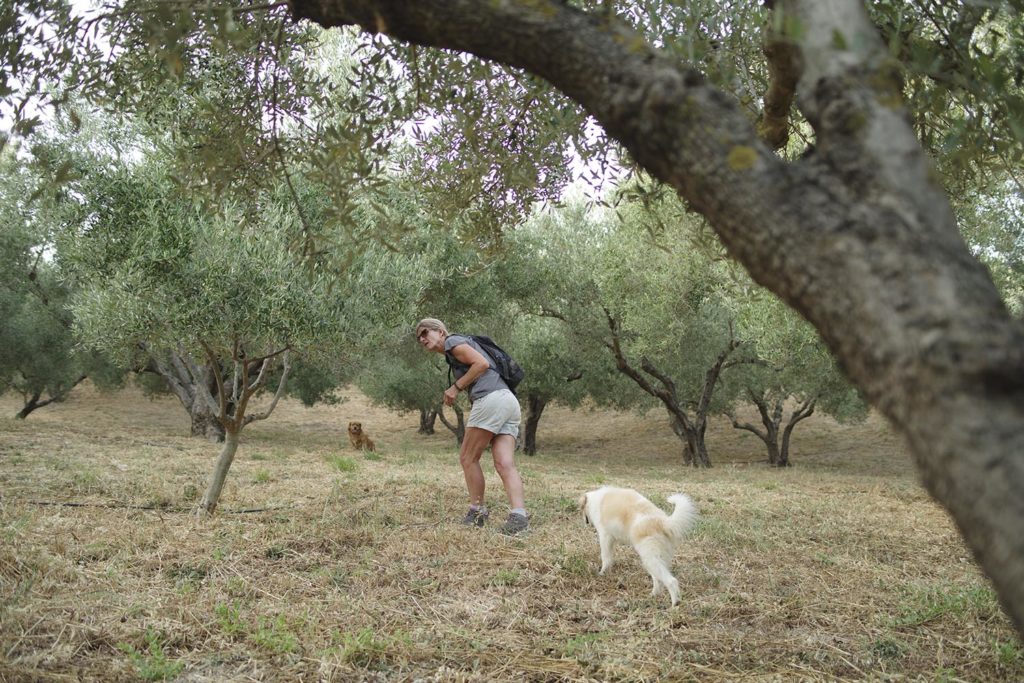
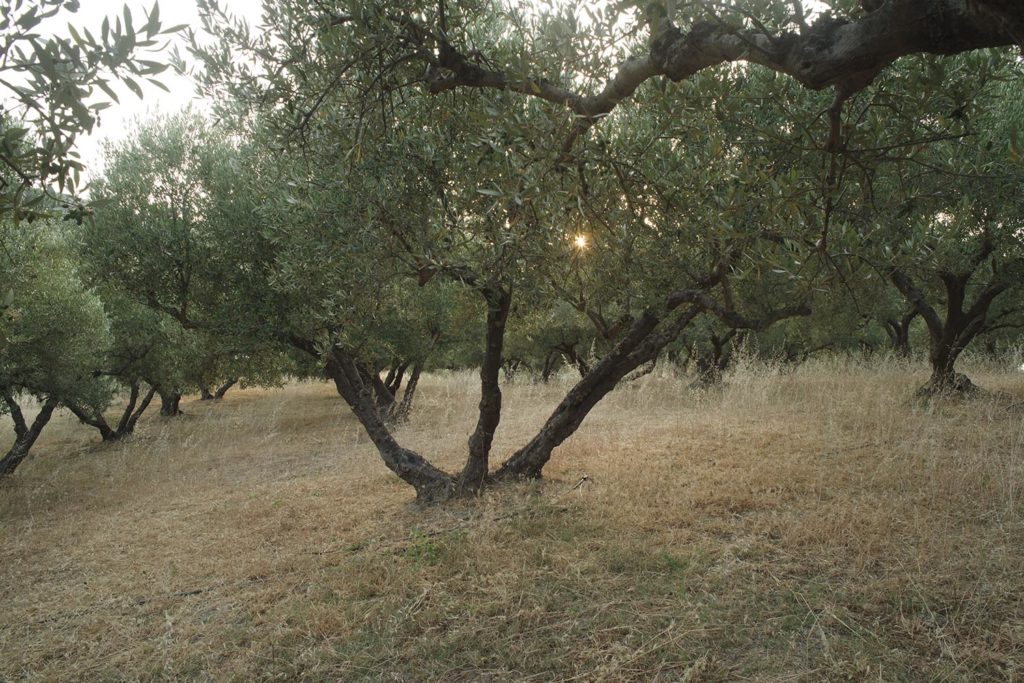
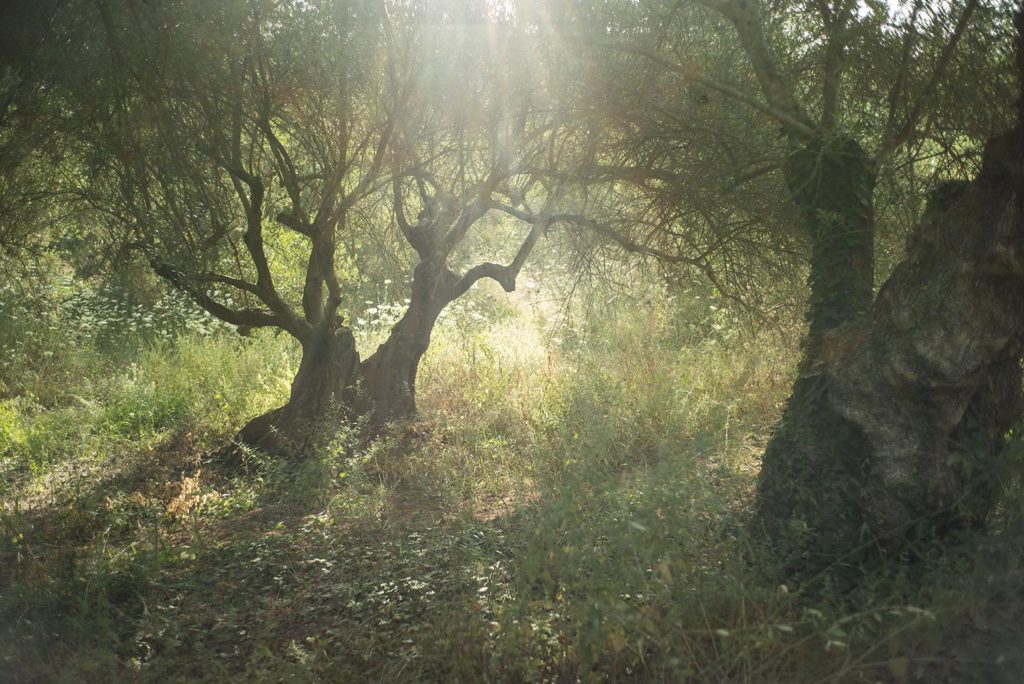
Be ready to act
"For a long time, there are people saying that Crete should be green. Organic. But there are different economic interests. There are all this olive sellers, who are Greeks but who became economical strong in this field. They are buying the oil from people very cheaply. First, they were selling oil by themselves. Now they just leave their oil in a factory. So the factory is selling and people get their money on their bank account. The problem is the market, how to get on the market. Because if big companies take the oil, how can you find your own way. The problem is also the disconnection between people, and the government is not offering any help.
There are some people who have a vision of a green Crete. It should be like that. There are a few small olive oil producers, or green houses, that have their own organic label, and their sales are good."
"There are so many changes happening because of climate change. And it all impacts olive growers and us. How to deal with these impacts? We need to be prepared for any change that can happen. We can not wait like we did in the past. But now, we need to be prepared to start watching what is going on: the winters, rain … everything is changing. Heat waves are more common, there are more hot days in summer and less cold days in winter. If there is not enough cold days in winter, olive trees can't bloom. They can not prepare themselves for olive growing. It happens throughout the Mediterranean due to climate change. The farmers need more advice from scientists. How to deal with climate change. How to cultivate soil."
"Crete is becoming more like Africa, warmer, with less water and more intensive rain. All this impacts olive growers. We need help and advice. We know that this change will be more intensive in Crete than in the north. Northern climate will become more hospitable for olives than our climate. There is a problem. People will start to grow olive trees in northern parts. Because they have colder winters needed by olive trees to bloom, and less hot or dry summers."
"The biggest problem is the way they cultivate olives here. They use a lot of pesticides …
More and more people think that we need to protect the nature on which we depend. They try to find the way to produce in a more organic way. It is not easy here. As I mentioned, I have olives at nine places. Some places have nine trees, some maybe hundred, so you don't have an ecological environment to protect them. Its not easy because many don't want to cooperate."
An estimated 33 Mio olive trees live on Crete! And the number continues to grow. It is a monoculture! Carob and Chestnut trees that saved them from hunger in WWII are now almost extinct.




What we need from science is that it shows us how to reduce the impact of climate change on olive growth. How to use water. They know about the weather. They know when the weather will change. They should advise us on when we should react so that we are not too late or too early.
We need to be ready all the time. Be ready to act.
Support the publishing of the next story!
Released by MED Land project 2021 June/ film Ida Glušič editing:Ida Glušič, BB, photo: BB, voice : Zlatka

